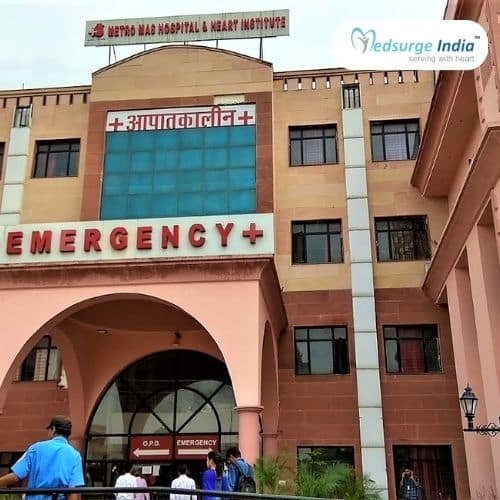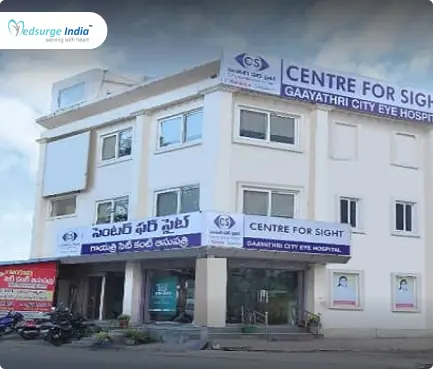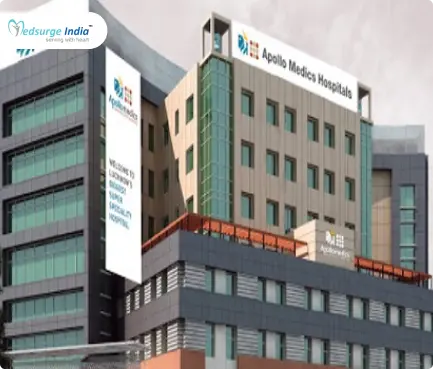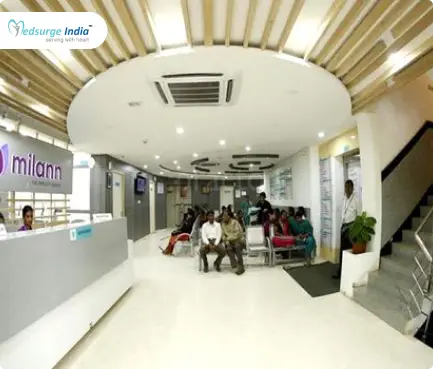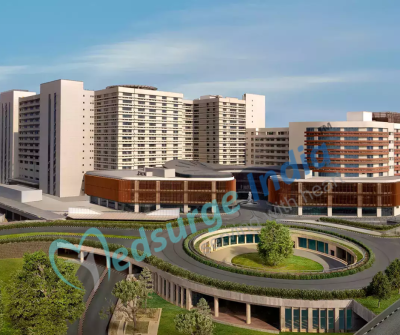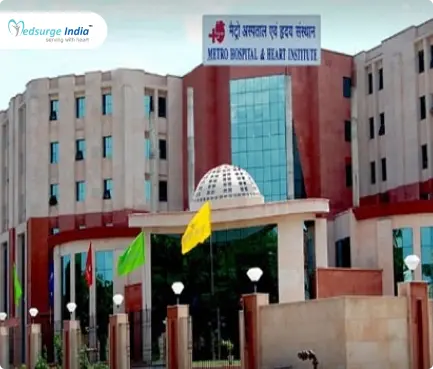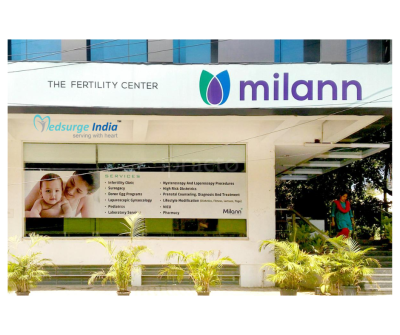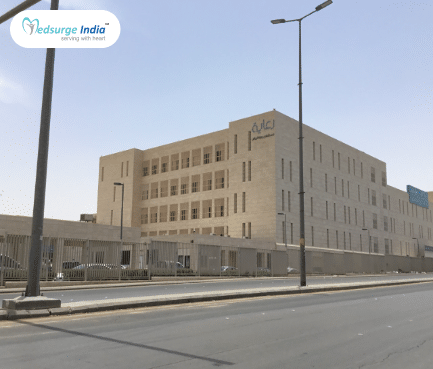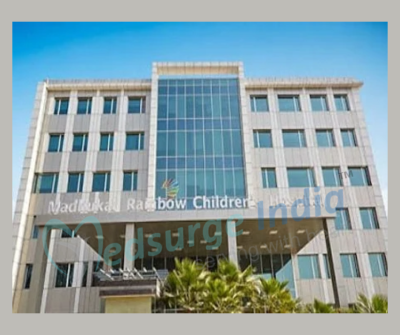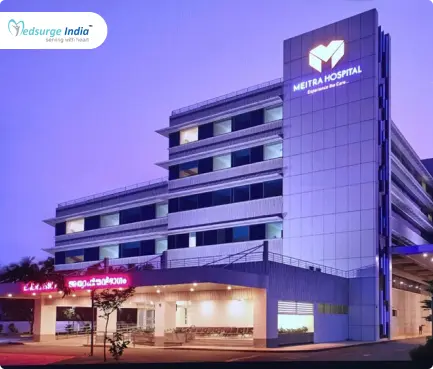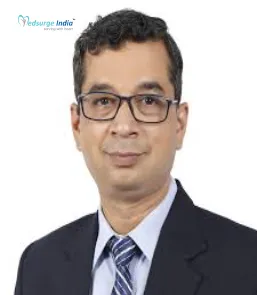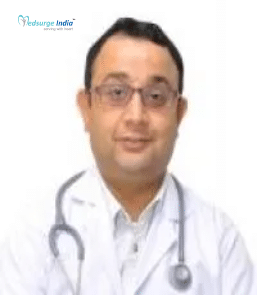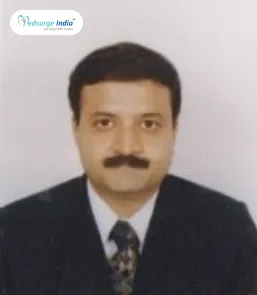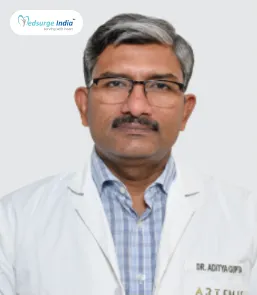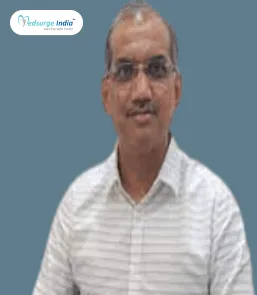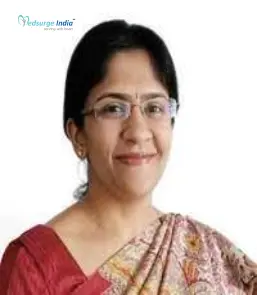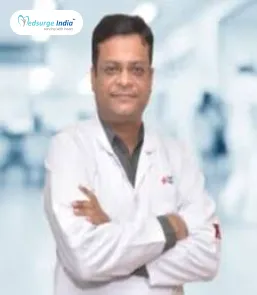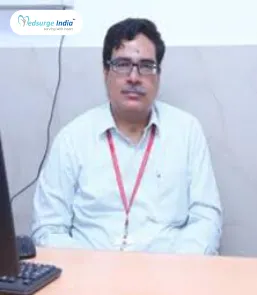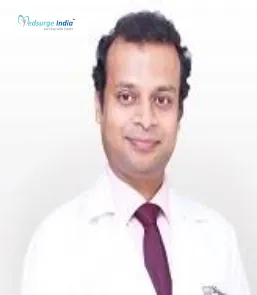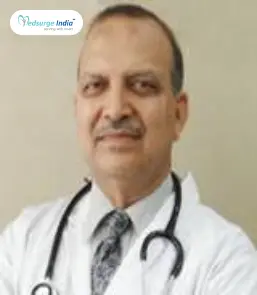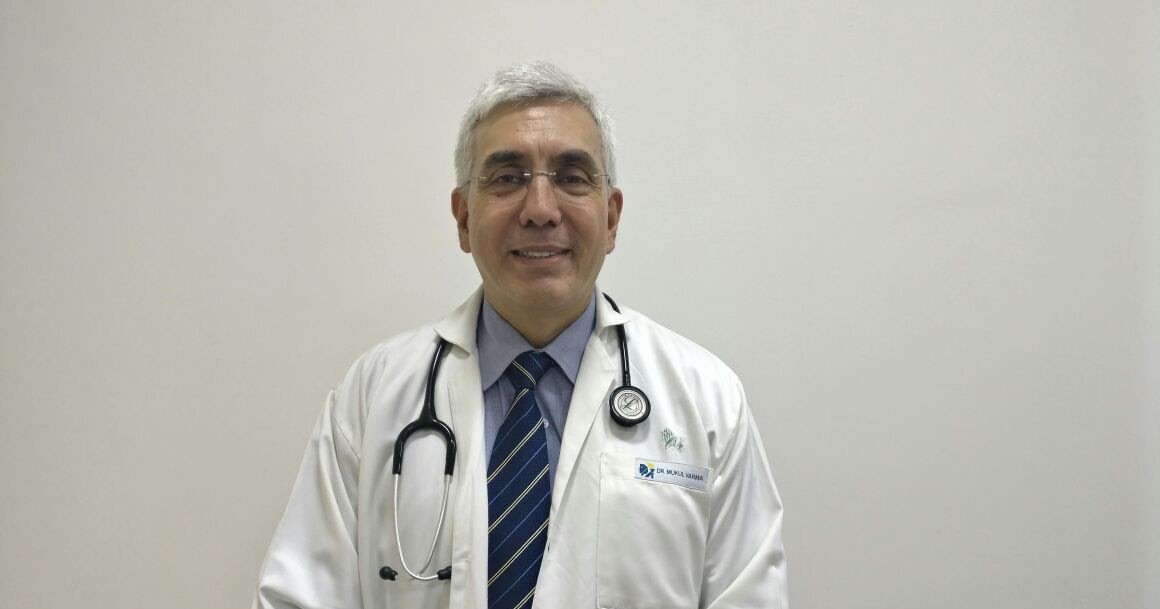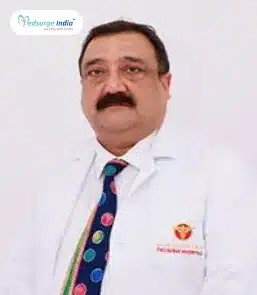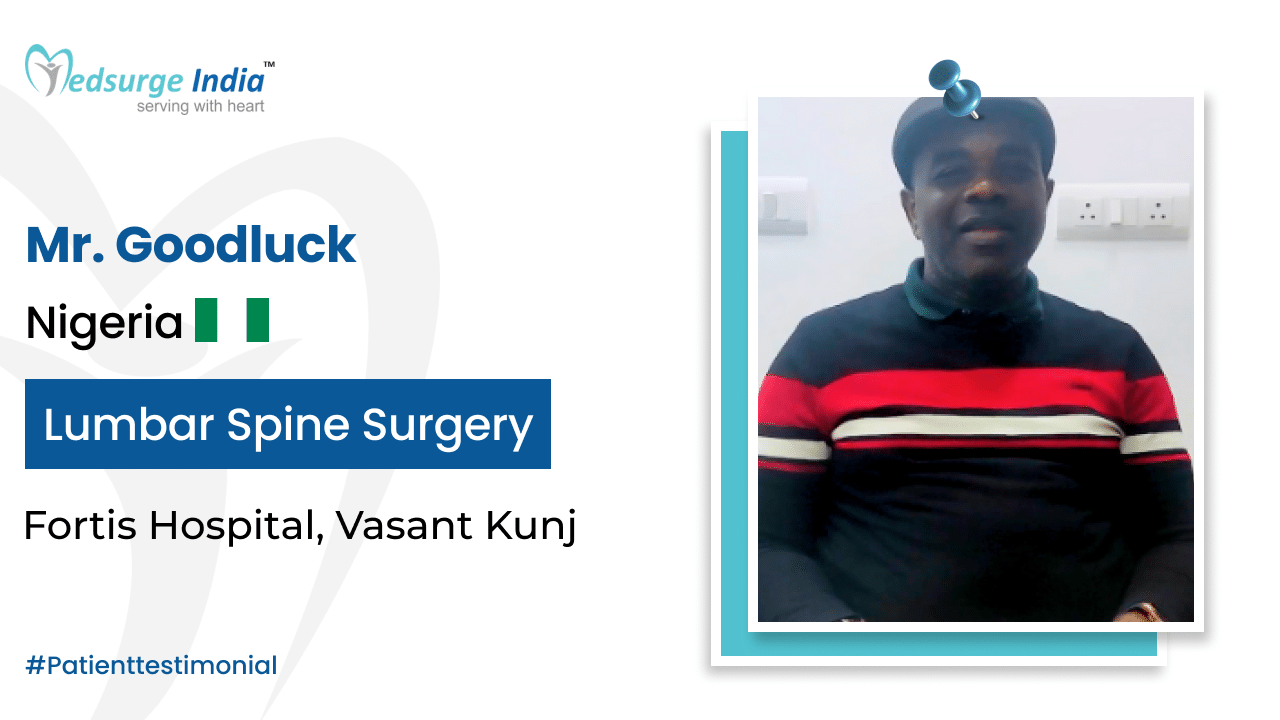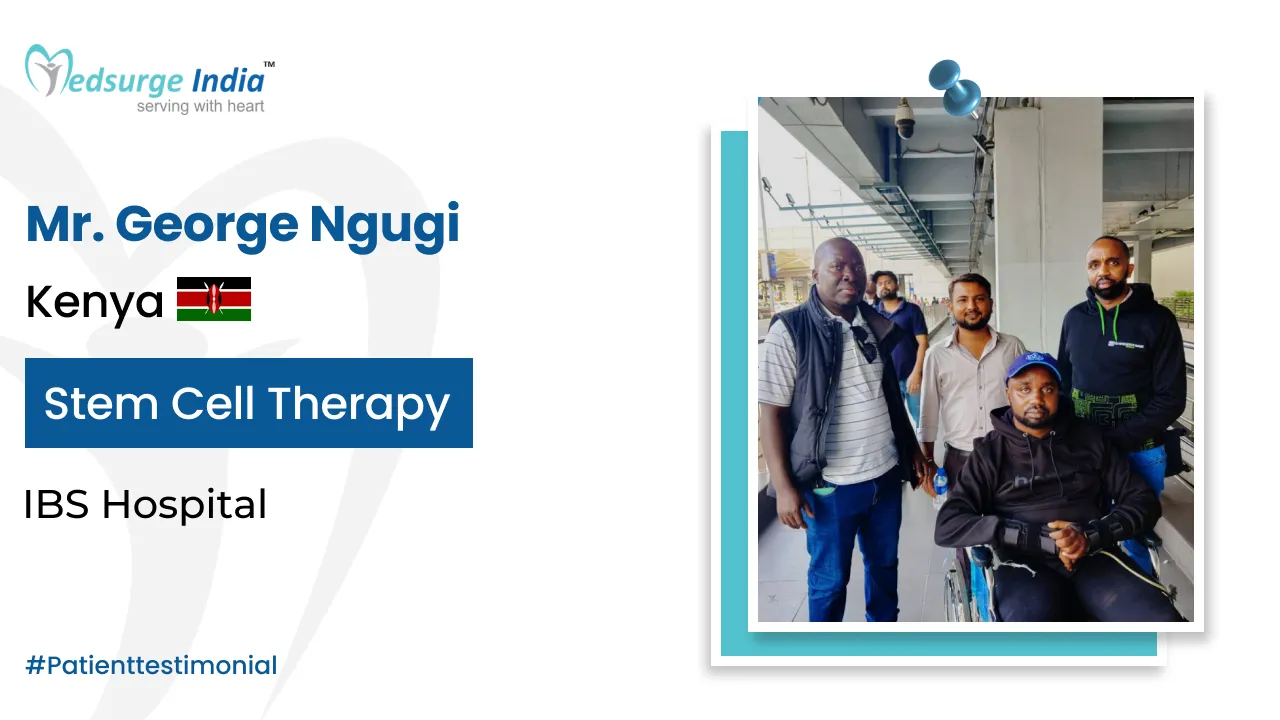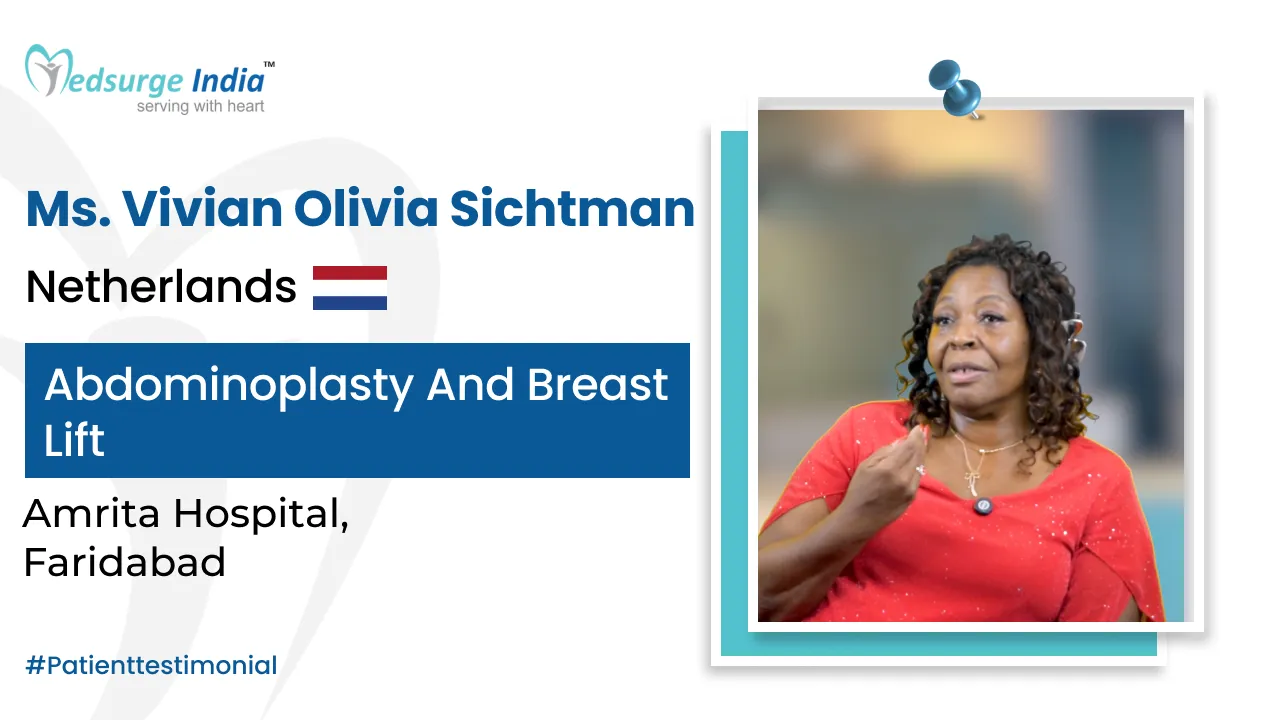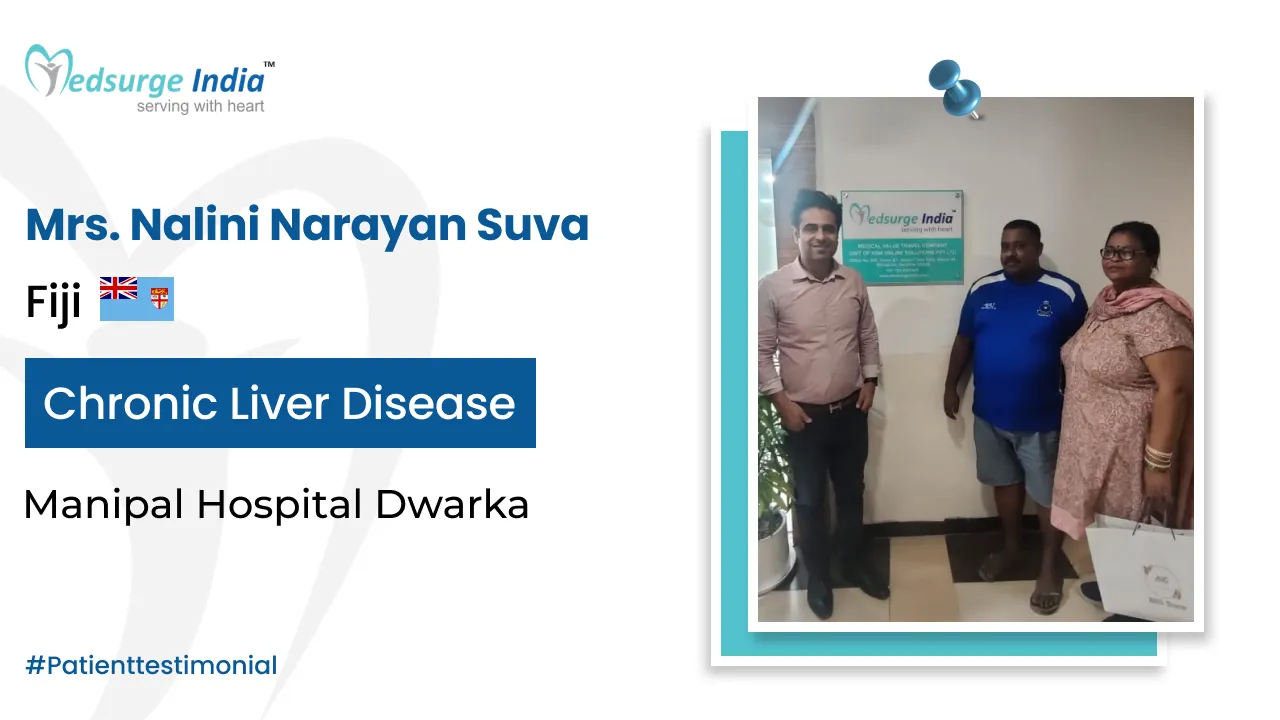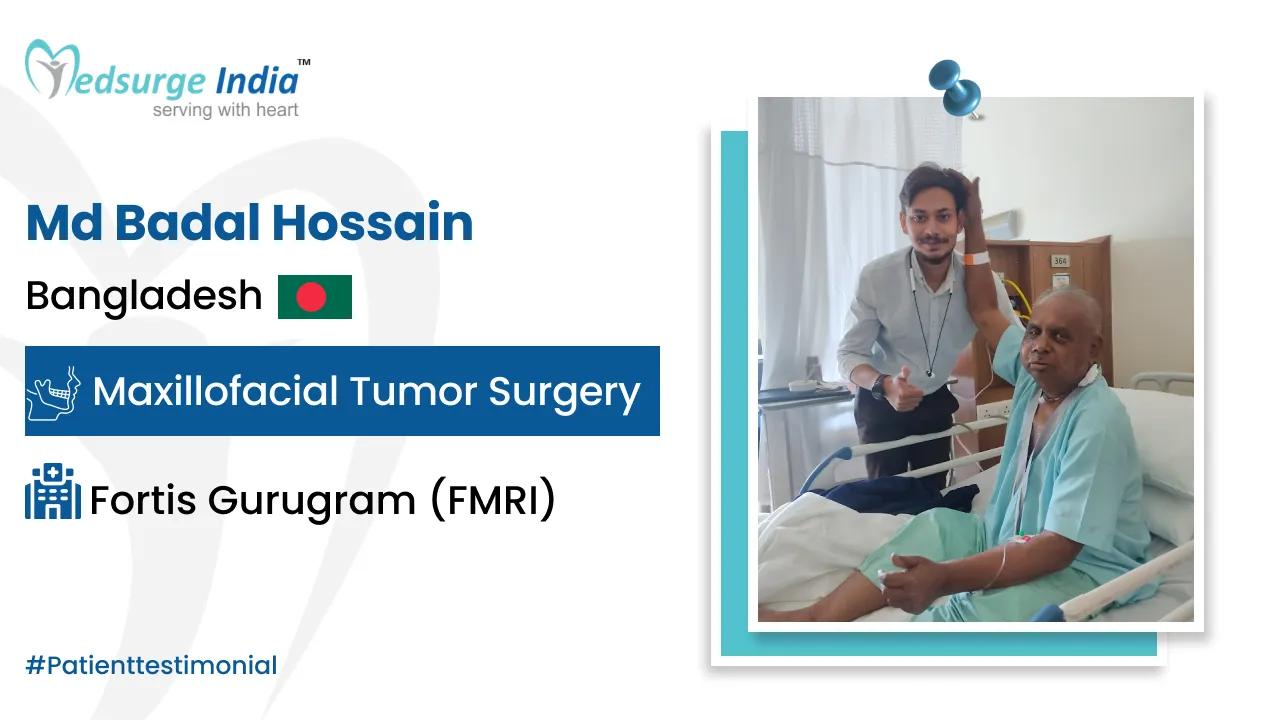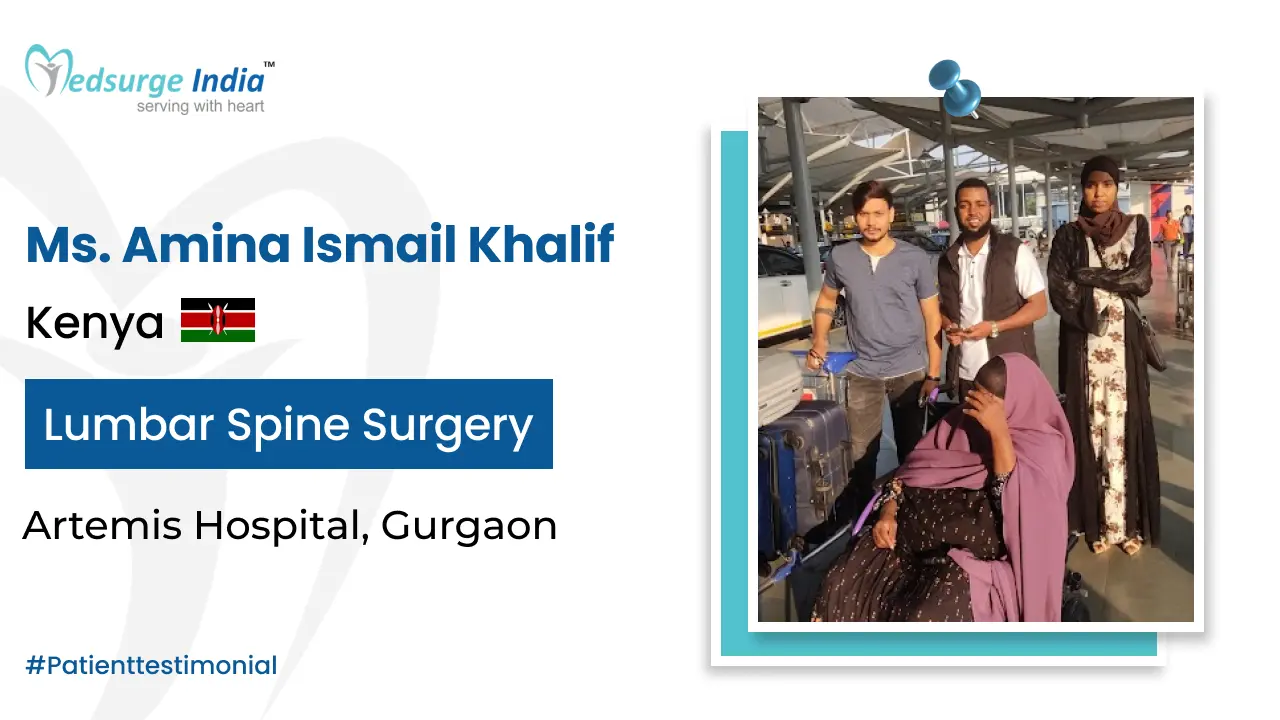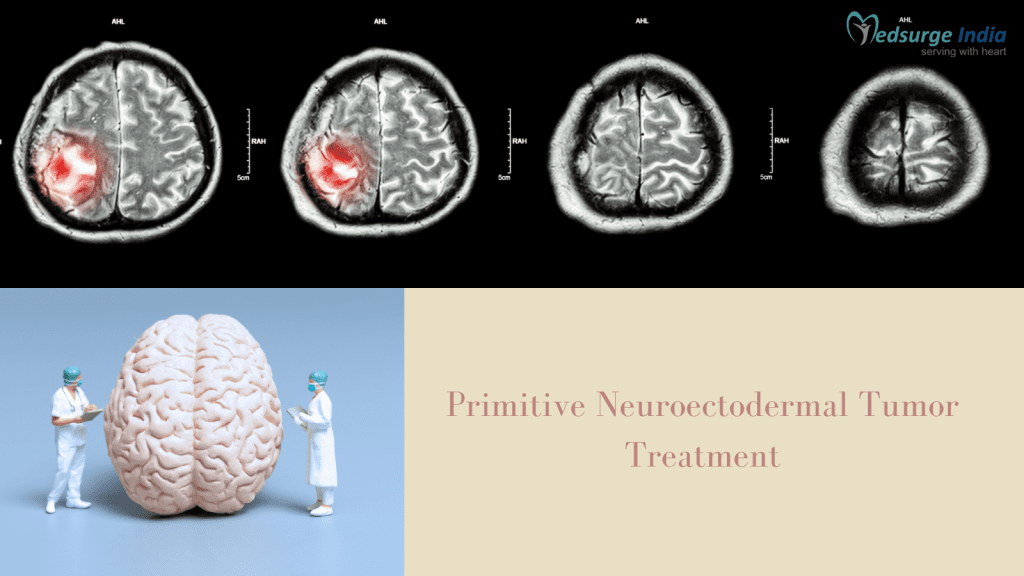
Primitive Neuroectodermal Tumor is a rare type of cancer that typically affects children and young adults under the age of 25. This is commonly referred to as Ewing’s Sarcoma. The name comes from the fact that the majority of the cells in the tumor are derived from neuroectoderm but have not yet developed and differentiated in the way that a normal neuron would, giving the cells a primitive appearance. For Primitive Neuroectodermal Tumor Treatment in India, it is generally diagnosed with a biopsy. Ewing sarcoma is generally treated with a combination of chemotherapy, radiotherapy, and surgery. It is a chemoresponsive tumor, and if it is localized and has not spread to other parts of the body, it is generally curable; however, treatment for localized sarcoma or PNET in children begins with chemotherapy.
The Cost of Primitive Neuroectodermal Tumor Treatment in India is lower than in other countries such as the United States and Europe. For the treatment of PNET, Indian hospitals offer affordable healthcare packages with the assurance of excellent treatment quality, high-quality equipment, and the best surgeons and oncologists.
What is a Primitive Neuroectodermal Tumor?
Primitive Neuroectodermal Tumor also known as PNET, is a rare malignant (cancerous) tumor that appears similar under the microscope to medulloblastoma but occurs primarily in the cerebrum. It can also spread to other parts of the body such as the spine and the brain.
PNET is classified into two types based on where it is located on the body:
- Peripheral PNET
- Central Nervous System (CNS) PNET.
Because both Ewing Sarcoma and PNET have a similar neural phenotype and share an identical chromosome translocation, they may be considered the same tumor, differing only in their degree of neural differentiation. Tumors that show neural differentiation by light microscopy, immunohistochemistry, and electron microscopy have traditionally been labeled as PNETs, while those that do not show neural differentiation by these tests have been diagnosed as Ewing’s sarcoma. Previously, medulloblastoma was considered a PNET, but genetically, distinct transcriptionally and clinically. As a result, infratentorial PNETs are now known as medulloblastoma.
What are the Signs and Symptoms of a Primitive Neuroectodermal Tumor?
The symptoms can vary depending on where the tumor is located. The following are some of the symptoms of PNETs that may occur:
- Headaches
- Seizures
- Thinking or memory problems
- Weakness
- Numbness
- Problems with balance and movement
PNETs in the spine can have:
- Bowel or bladder incontinence
- Pain in the back and legs.
What are the Exact Causes of PNET?
- Cancer is a genetic disease, which means that it is caused by changes in genes that control how our cells function. In many types of cancer, genes can be mutated (changed), causing cancer cells to grow and spread. PNETs have an unknown cause. Genetic changes are linked to some PNETs.
- PNETs are most commonly found in the brain, but they can also be found in the brainstem or spinal cord. PNETs are a type of tumor that develops from the ectoderm, the embryo’s outermost layer of cells during development.
- PNETs have the potential to spread to other parts of the CNS and organs. Approximately one-third of patients’ tumors had spread when they were first diagnosed.
How are Primitive Neuroectodermal Tumors (PNET) Diagnosed?
PNET treatments are similar to other cancer treatments, such as peripheral nerve surgery and brain tumor surgery in India. To get a better diagnosis of the tumor, the doctor or physician may perform a variety of tests, including:
- Physical exam
- Medical history
- Neurological exam (which tests muscle strength, eye, mouth movement, coordination, reflexes, and alertness)
- Diagnostic imaging
- Biopsy
Because these tumors are known to spread through cerebrospinal fluid, there is a high risk that they will invade other brain and spine tissues, so your child should have an MRI of both the brain and spine.
Finally, after running all of the tests, your doctor will decide on the best treatment option for PNET in India.
Get Free Cost Estimation
Procedure
What are the Treatment Options for Primitive Neuroectodermal Tumors patients?
The doctor builds and determines the treatments on a number of factors. Some therapies may be used to treat the tumor, while others are used to treat the complications of the disease and the side effects of the treatment. Among these treatments are:
- Surgery
- Neurosurgery
- Radiation therapy
- Chemotherapy
- ETV (endoscopic third ventriculostomy)
The standard first-line treatment for Primitive neuroectodermal tumors in India is surgery. Because of their large size, proclivity to spread, and extensive blood supply, total removal may be impossible at the time of diagnosis, and chemotherapy may be used to shrink the tumor before surgical removal.
Following surgery, children aged 3 and up are treated with radiation to the brain and spinal cord, followed by chemotherapy. Because of the risks to the developing brain, radiation therapy is generally avoided in very young children. Chemotherapy is used alone after surgery for children diagnosed with PNET as infants or toddlers.
The cost of PNET surgery in India is determined by several factors, such as:
- The severity of the condition
- The location and accreditations of the hospital were chosen.
- Surgical experience
- Hospital stay duration Room type
- If any additional procedures are required
Medication for Primitive Neuroectodermal Tumor
Commonly recommend chemotherapy regimens includes such as cyclophosphamide, vincristine, doxorubicin, etoposide, and ifosfamide.
Suggestion
Because the tumor cells have not spread to other parts of the body, many patients with PNET who have a localized tumor can live a normal life after surgery. A person with a metastatic tumor, on the other hand, may require a bone marrow transplant. It is best to consult your doctor about what treatment your child may require. The goal is to discuss and raise awareness of this type of tumor so that you, as a parent, and we all are aware of this type of childhood malignancy. If your child has any swelling in the bones, pelvis, or anywhere else on his or her body, it is critical that you seek the advice and assistance of a doctor, such as an oncologist. As an oncologist can assist in diagnosing the type of disease and providing appropriate treatment, the child can be cured.
How can Medsurge India Help?
Medsurge India is a prestigious support system for patients looking for doctors, hospitals, and specialized treatments. We’ll find the most suitable medical options for you. Regarding your medical issues, our team will give you a list of certified, reputable, and trusted doctors and hospitals. Additionally, we offer a treatment strategy that fits your budget. Apart, we assist patients with obtaining travel authorizations, medical visas, and a multitude of other things.
The Most Important Frequently Asked Questions
Q: Can you survive Ewing sarcoma?
A: Overall survival rate for Ewing sarcoma is 70 percent.
Q: Is PNET curable?
A: By doing a surgical removal of the primary, non-metastatic PNET is known to be the only cure.
Q: Are PNET tumors hereditary?
A: It is said that 10% are due to inherited syndrome. Which include multiple endocrine neoplasia type 1 (MEN1), von Hippel-Lindau disease (VHL), multiple endocrine neoplasia type 4 (MEN4), tuberous sclerosis complex (TSC), and neurofibromatosis type 1 (NF1).
Q: How painful is Ewing Sarcoma?
A: Children and teenagers having Ewing Sarcoma experience pain like swelling, stiffness, tiredness in the tissue surrounding the bone, and lumps near the skin’s surface which can be felt and soft on touch.
Q: How aggressive is Ewing sarcoma?
A: This is an aggressive tumor that can spread to the lungs, bones, and bone marrow and cause life-threatening complications.
Top Hospitals for Primitive Neuroectodermal Tumor Treatment in India
Top Doctors for Neurology And Neurosurgery
Dr. Anurag Sharma
Senior Consultant
Experience: 25 years of experience
Madhukar Rainbow Children’s Hospital & BirthRight by Rainbow, New Delhi
New Delhi, India
Dr. Vigneshwar Ravisankar
Consultant
Experience: 8 years of experience
Kauvery Hospital, Alwarpet, Chennai
Chennai, India
Dr. Rajiv Maharshi
Experience: 15+ years of experience
Brahmananda Narayana Multispeciality Hospital, Jamshedpur
Jamshedpur, India
Dr. Sitesh Das Gupta
Senior Consultant
Experience: 46+ years of experience
Narayana Superspeciality Hospital, Shibpur, Howrah
Howrah, India
Dr. Sanjeev Kumar
Consultant
Experience: 17 Years
IBS Institute of Brain and Spine, New Delhi
New Delhi, India
Dr. Maqsood Ahmed A R
Experience: 24+ years of experience
Manipal Hospital, Mandi Mohalla, Mysore
Mysore, India
Dr. Sanjeev Kumar Gupta
Senior Consultant
Experience: 20 years of experience
Kailash Hospital and Heart Institute, Noida
Noida, India
Dr. Priyamvadha K
Consultant
Experience: 21 years of experience
Manipal hospitals Life’s On, Whitefield
Bangalore, India
Dr. Nikhil J Arbatti
Experience: 15 years of experience
Nanavati Super Specialty Hospital Mumbai
Mumbai, India
Dr. Puneet Agarwal
Associate Director , Fellowship, DM, MBBS
Experience: 22 years of experience
Max Super Speciality Hospital, Saket, New Delhi
New Delhi, India
Dr. Ananya Das
Senior Consultant
Experience: 8+ years of experience
Narayana Multispeciality Hospital, Barasat, Kolkata
Kolkata, India
Dr. Mukul Varma
Senior Consultant , MD, DM, MBBS
Experience: 28 years of experience
Indraprastha Apollo Hospital, New Delhi
New Delhi, India
Dr. Pallav Jain
Experience: 11+ years of experience
Max Super Speciality Hospital Bathinda
Bathinda, India

